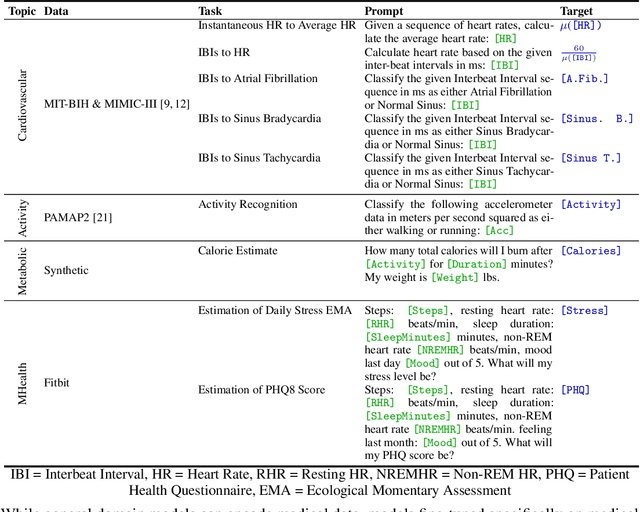Paolo Di Achille
Smartphone monitoring of smiling as a behavioral proxy of well-being in everyday life
Dec 10, 2025Abstract:Subjective well-being is a cornerstone of individual and societal health, yet its scientific measurement has traditionally relied on self-report methods prone to recall bias and high participant burden. This has left a gap in our understanding of well-being as it is expressed in everyday life. We hypothesized that candid smiles captured during natural smartphone interactions could serve as a scalable, objective behavioral correlate of positive affect. To test this, we analyzed 405,448 video clips passively recorded from 233 consented participants over one week. Using a deep learning model to quantify smile intensity, we identified distinct diurnal and daily patterns. Daily patterns of smile intensity across the week showed strong correlation with national survey data on happiness (r=0.92), and diurnal rhythms documented close correspondence with established results from the day reconstruction method (r=0.80). Higher daily mean smile intensity was significantly associated with more physical activity (Beta coefficient = 0.043, 95% CI [0.001, 0.085]) and greater light exposure (Beta coefficient = 0.038, [0.013, 0.063]), whereas no significant effects were found for smartphone use. These findings suggest that passive smartphone sensing could serve as a powerful, ecologically valid methodology for studying the dynamics of affective behavior and open the door to understanding this behavior at a population scale.
Passive Heart Rate Monitoring During Smartphone Use in Everyday Life
Mar 04, 2025Abstract:Resting heart rate (RHR) is an important biomarker of cardiovascular health and mortality, but tracking it longitudinally generally requires a wearable device, limiting its availability. We present PHRM, a deep learning system for passive heart rate (HR) and RHR measurements during everyday smartphone use, using facial video-based photoplethysmography. Our system was developed using 225,773 videos from 495 participants and validated on 185,970 videos from 205 participants in laboratory and free-living conditions, representing the largest validation study of its kind. Compared to reference electrocardiogram, PHRM achieved a mean absolute percentage error (MAPE) < 10% for HR measurements across three skin tone groups of light, medium and dark pigmentation; MAPE for each skin tone group was non-inferior versus the others. Daily RHR measured by PHRM had a mean absolute error < 5 bpm compared to a wearable HR tracker, and was associated with known risk factors. These results highlight the potential of smartphones to enable passive and equitable heart health monitoring.
Large Language Models are Few-Shot Health Learners
May 24, 2023



Abstract:Large language models (LLMs) can capture rich representations of concepts that are useful for real-world tasks. However, language alone is limited. While existing LLMs excel at text-based inferences, health applications require that models be grounded in numerical data (e.g., vital signs, laboratory values in clinical domains; steps, movement in the wellness domain) that is not easily or readily expressed as text in existing training corpus. We demonstrate that with only few-shot tuning, a large language model is capable of grounding various physiological and behavioral time-series data and making meaningful inferences on numerous health tasks for both clinical and wellness contexts. Using data from wearable and medical sensor recordings, we evaluate these capabilities on the tasks of cardiac signal analysis, physical activity recognition, metabolic calculation (e.g., calories burned), and estimation of stress reports and mental health screeners.
 Add to Chrome
Add to Chrome Add to Firefox
Add to Firefox Add to Edge
Add to Edge